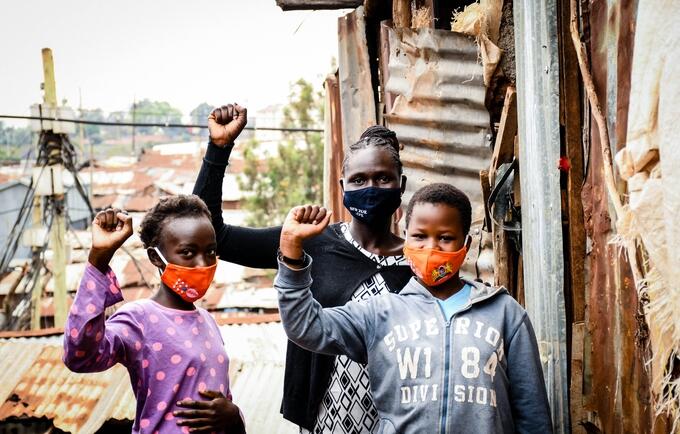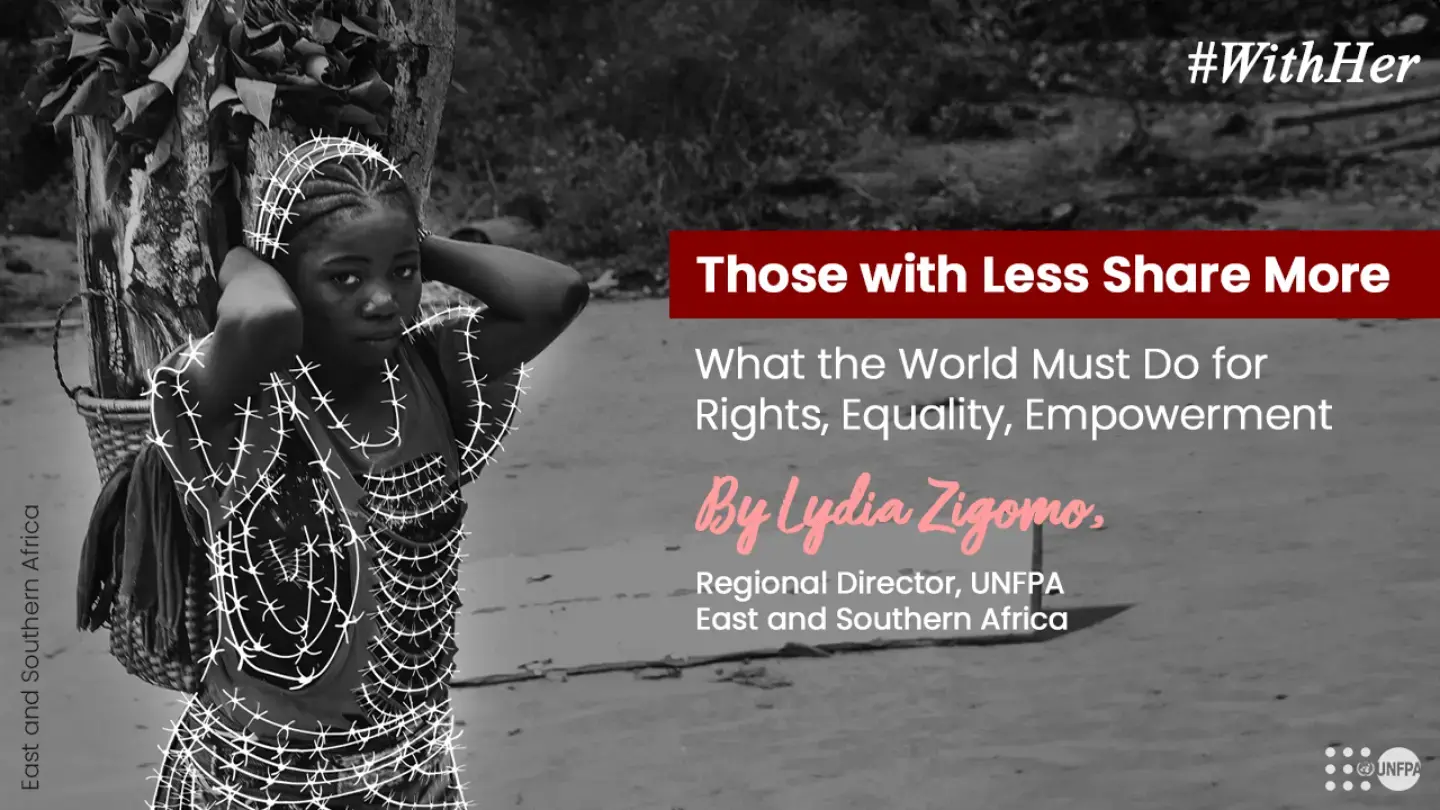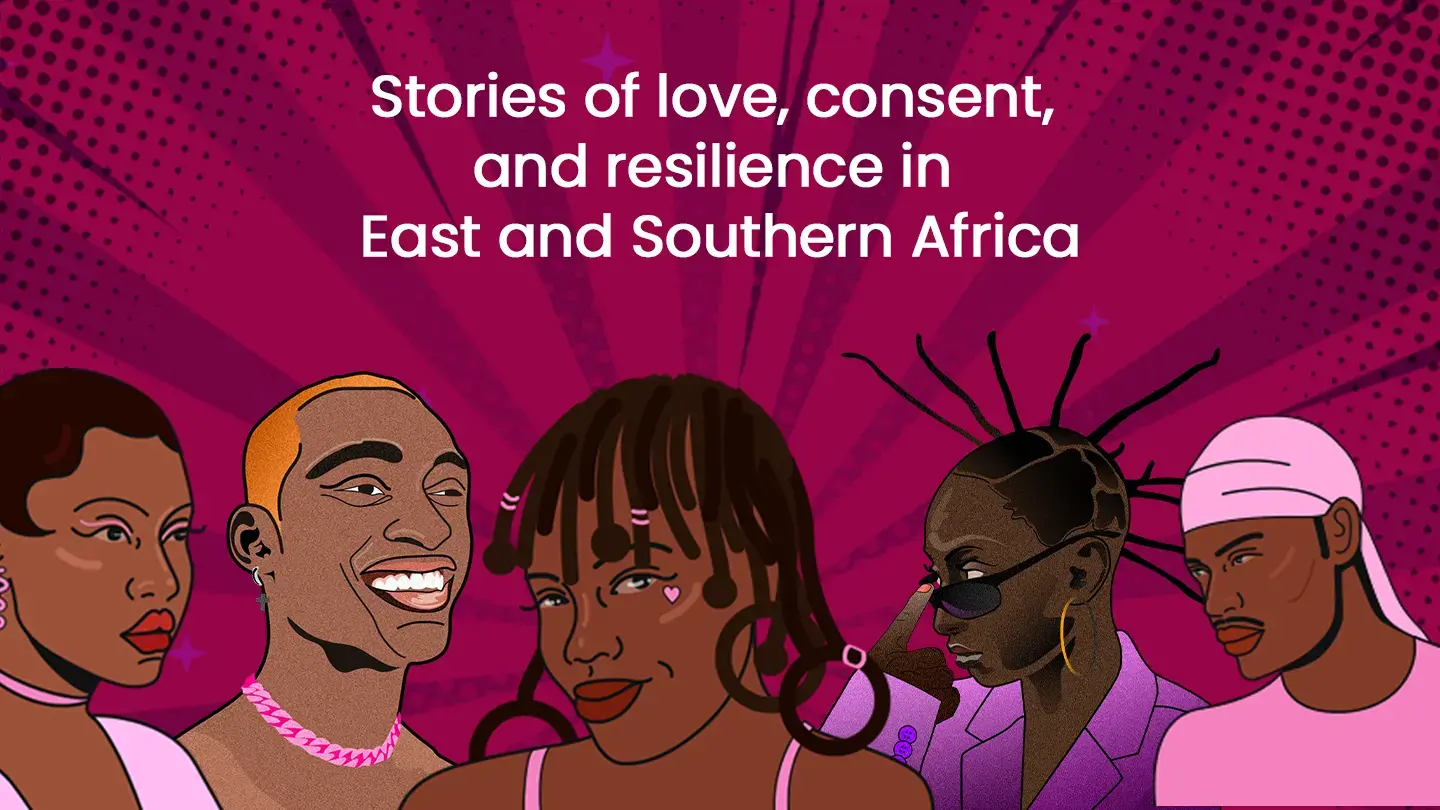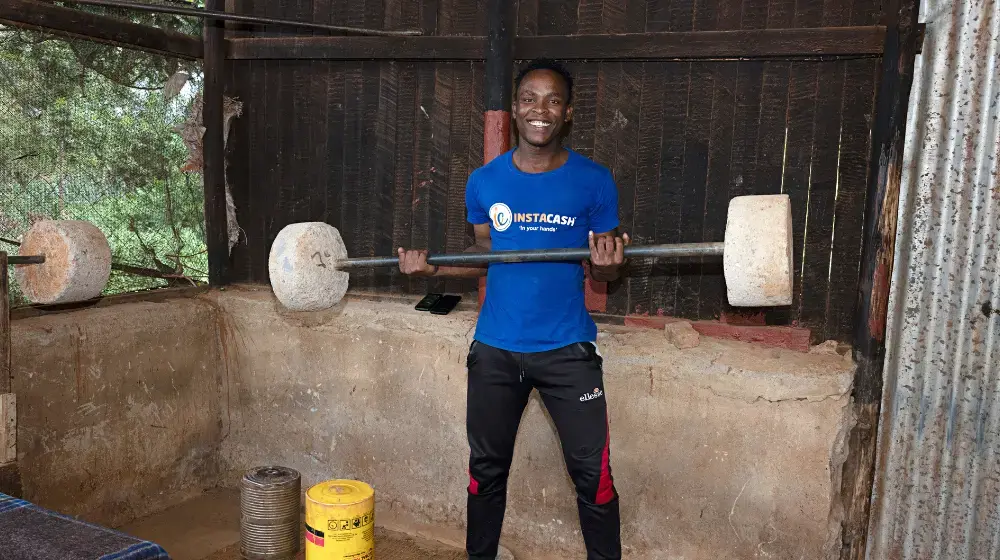New York / Washington DC, 28 January 2021—The President of the United States today announced his intention to restore US funding to UNFPA, the United Nations sexual and reproductive health agency. The United States is a founding member of UNFPA and serves on its governing body, yet for the past four years, it did not provide funding to the organization.
President Biden said in a memorandum that his Government would "take action to ensure that women at home and around the world are able to access complete medical information, including with respect to their reproductive health."
The move will have a significant impact on the lives of women and girls across the world, funding lifesaving maternal health care, family planning services and programmes ending violence against women and girls. It comes at a vital moment, as humanitarian needs continue to increase in the face of rising conflict, threat of natural disasters, and COVID-19. UNFPA projected that tens of millions of women could lose access to contraception or face violence, child marriage or female genital mutilation in the disruption caused by the COVID-19 crisis alone.
“The return of the United States as a major donor to UNFPA at this challenging time sends a message of hope to vulnerable women and girls everywhere. COVID-19 has put decades of hard-won progress at risk. With the support and solidarity of all our partners, I believe we can build back better and go even further to end needless deaths in childbirth, end violence against women and girls, and make family planning available to all who want it. I welcome the United States commitment to rejoining these efforts,” said UNFPA Executive Director Dr. Natalia Kanem.
In 2016, the US provided $69 million to UNFPA in support of its work in both development and humanitarian settings. If similar funding returns, UNFPA projects that within a year the following can be achieved:
- 1.4 million unintended pregnancies can be prevented
- 32 thousand unsafe abortions can be prevented
- 4.2 million women and young people can be reached with integrated sexual and reproductive health care
- 640,000 sexually transmitted infections can be prevented
- 76,000 women and girls who survived violence can access counselling and health care.
The US now rejoins a group of around 100 UN Member States who fund UNFPA. The move has been welcomed by representatives of the international community, including governments, civil society, and the private sector. In the US, UNFPA enjoys widespread public support. In 2019, 125 members of congress co-sponsored legislation to restore funding to UNFPA, which was also endorsed by 80 civil society organizations.
“The renewal of the strong partnership between UNFPA and the US government is a ray of hope for millions of people around the world who desperately need help. From the bedside of an expectant mother to the rubble of the battlefield, UNFPA fights for women and girls everywhere,” Dr. Kanem concluded.
US support to UNFPA also enables the American people to have a direct positive impact on the lives of women and girls in more than 150 countries, often where US Government agencies do not operate family planning or reproductive health programmes, or where US personnel do not work due to security concerns.
UNFPA looks forward to working with President Biden, Vice President Harris and the American people to deliver a world where every pregnancy is wanted, every childbirth is safe and every young person can grow up safely to achieve their full potential.
---
For more information, please contact:
Eddie Wright, UNFPA Media Specialist, +1 917 831 2074 ewright@unfpa.org
About UNFPA
UNFPA is the United Nations sexual and reproductive health agency. Its mission is to deliver a world where every pregnancy is wanted, every childbirth is safe and every young person's potential is fulfilled. UNFPA calls for the realization of reproductive rights for all and supports access to a wide range of sexual and reproductive health services, including voluntary family planning, quality maternal health care and comprehensive sexuality education.
Learn more at www.unfpa.org





